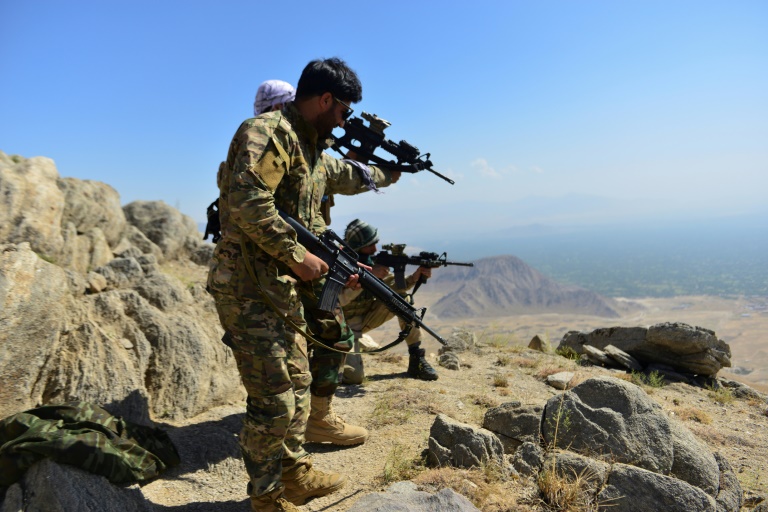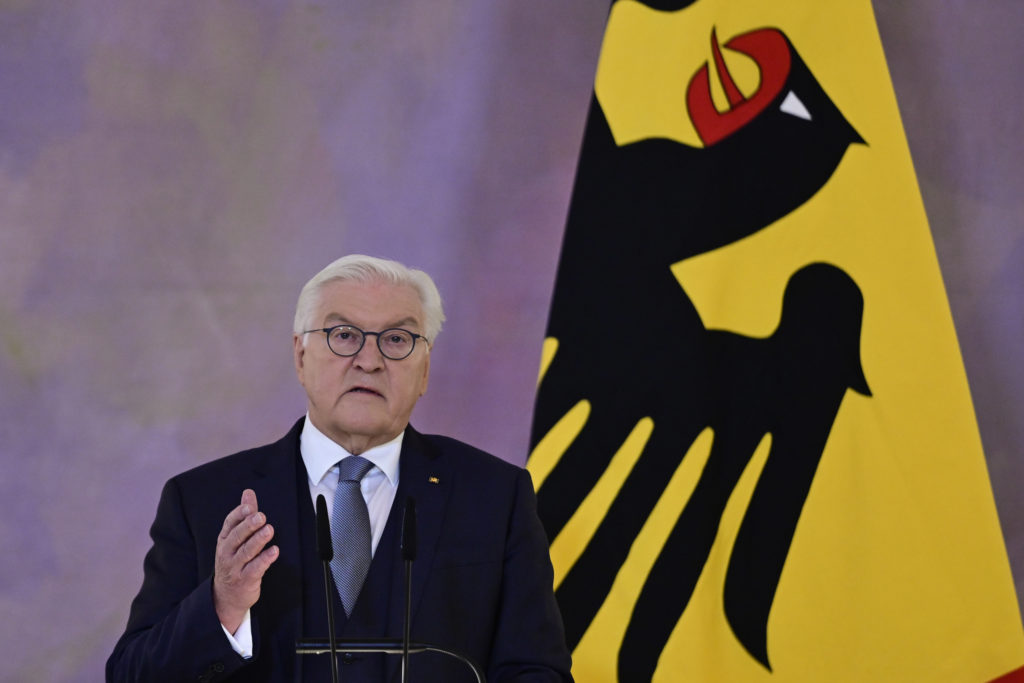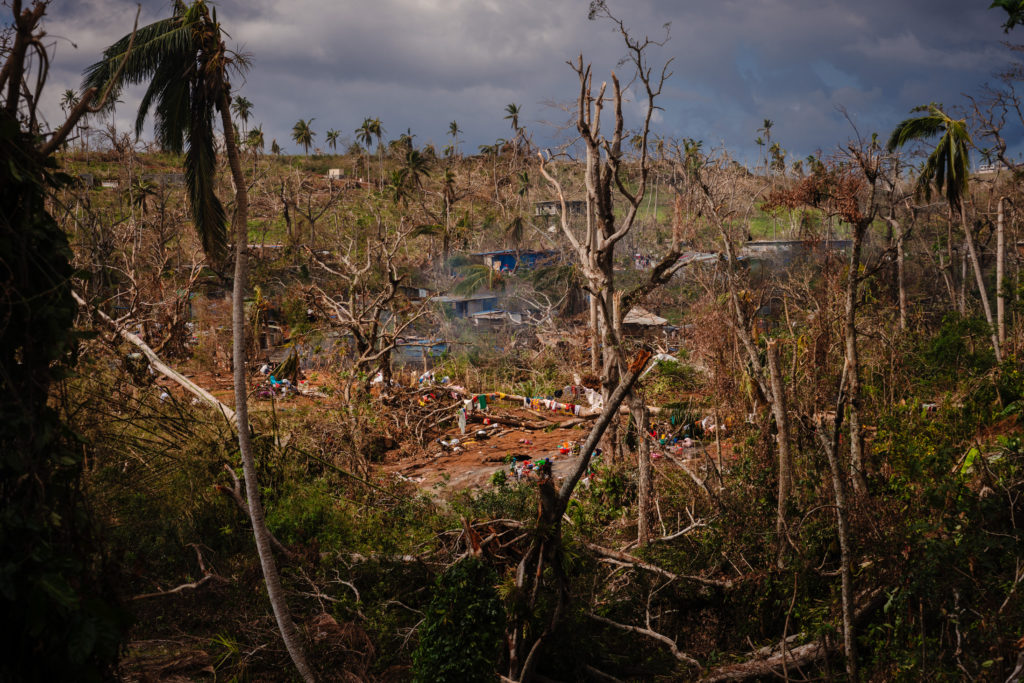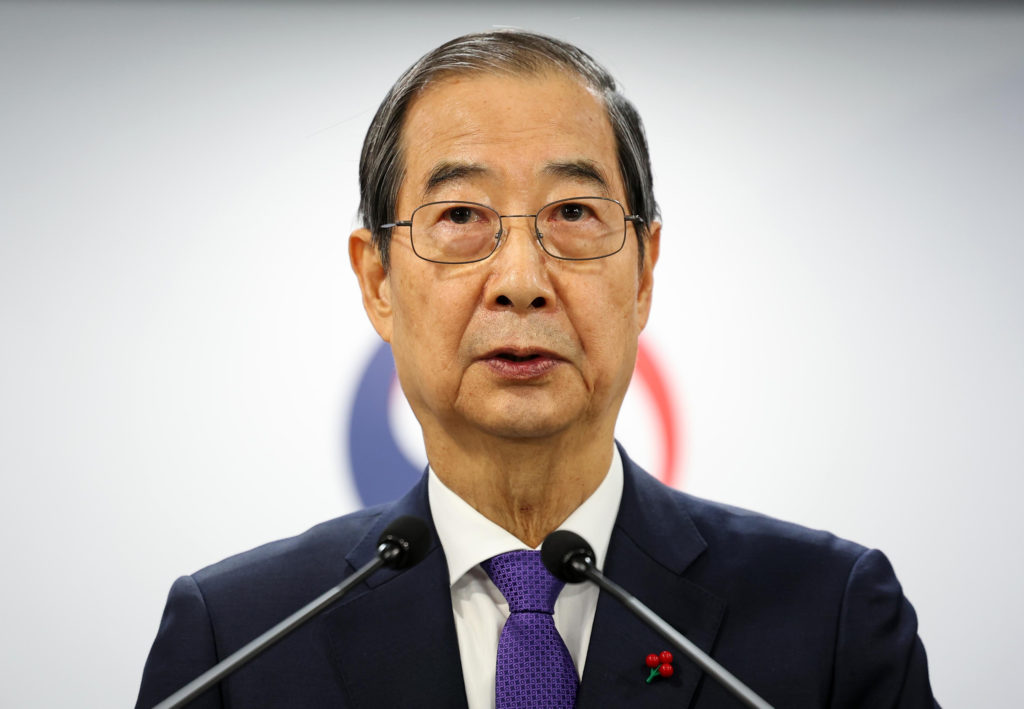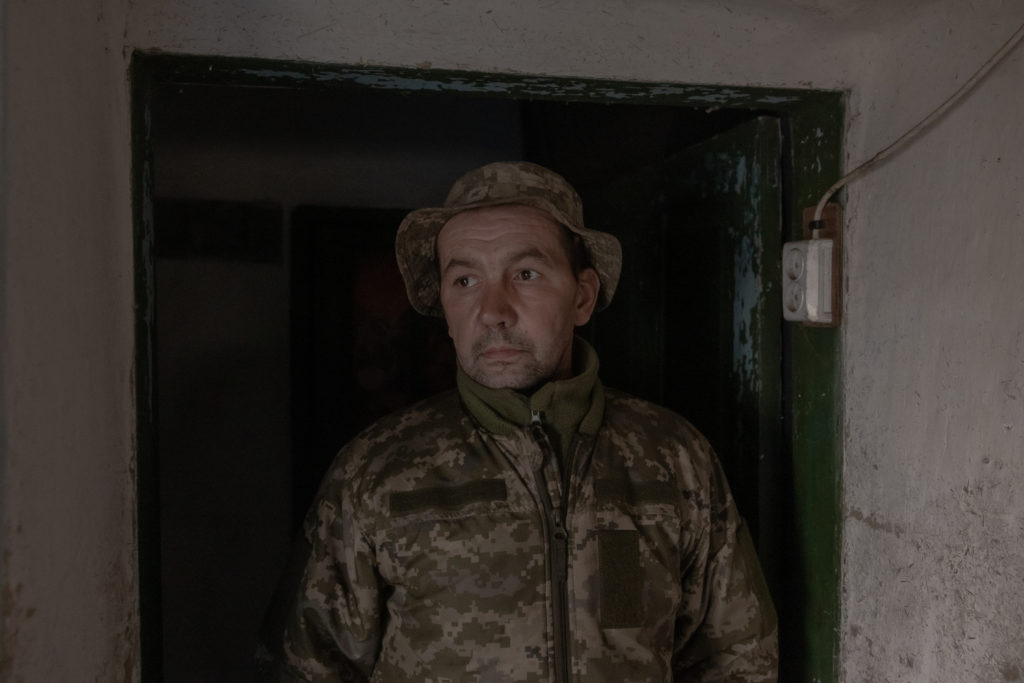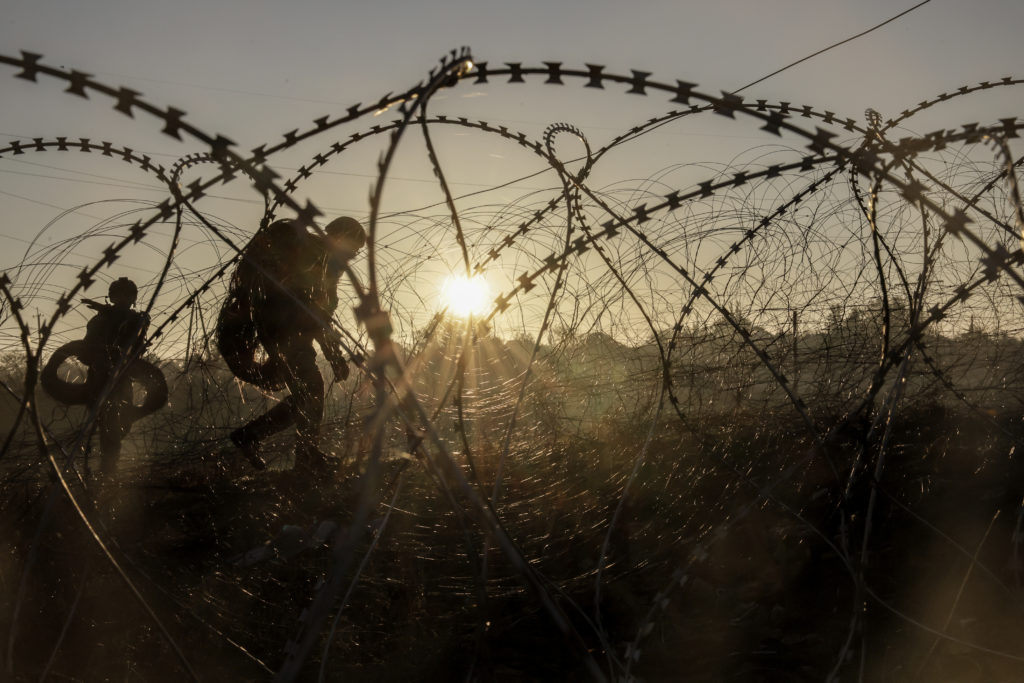The last anti-Taliban forces in Afghanistan have acknowledged suffering major battlefield losses and called for a ceasefire, as the top US diplomat flew to Qatar to try and handle the chaotic aftermath of the American withdrawal.
Following their lightning-fast rout of Afghanistan’s army last month — and celebrations Monday when the last US troops flew out after 20 years of war — the Taliban are seeking to crush the forces defending the mountainous Panjshir Valley.
The National Resistance Front (NRF) proposed in a statement “that the Taliban stop its military operations in Panjshir… and withdraw its forces.
“In return, we will direct our forces to refrain from military action.”
The NRF includes local fighters loyal to Ahmad Massoud — the son of the famous anti-Soviet and anti-Taliban commander Ahmad Shah Massoud — as well as remnants of the Afghan military that retreated to the Panjshir Valley.
The group said separately in a tweet Sunday that spokesman Fahim Dashty — a well-known Afghan journalist — and General Abdul Wudod Zara had been killed in the latest fighting.
The NRF has vowed to fight the Taliban but also said it was willing to negotiate with the Islamists. But initial contact did not lead to a breakthrough.
The Panjshir Valley is famed for being the site of resistance to Soviet forces in the 1980s and the Taliban in the late 1990s, but observers have said the NRF is struggling.
Bill Roggio, managing editor of the US-based Long War Journal, said Sunday that while there was still a “fog of war” — with unconfirmed reports the Taliban had captured multiple districts — “it looks bad”.
Former vice-president Amrullah Saleh — who is holed out in Panjshir alongside Ahmad Massoud — has warned of a humanitarian crisis, with thousands “displaced by the Taliban onslaught”.
– Taliban government –
The Taliban are yet to finalise their new regime after rolling into Kabul three weeks ago at a speed that analysts say likely surprised even the hardline Islamists themselves.
Afghanistan’s new rulers have pledged to be more “inclusive” than during their first stint in power, which also came after years of conflict — first the Soviet invasion of 1979, and then a bloody civil war.
They have promised a government that represents Afghanistan’s complex ethnic makeup — though women are unlikely to be included at the top levels.
Women’s freedoms in Afghanistan were sharply curtailed under the Taliban’s 1996-2001 rule.
This time, women will be allowed to attend university as long as classes are segregated by sex or at least divided by a curtain, the Taliban’s education authority said in a lengthy document issued on Sunday.
But female students must also wear an abaya (robe) and niqab (face-veil), as opposed to the even more conservative burqa mandatory under the previous Taliban regime.
As the Taliban come to grips with their transition from insurgency to government they are facing a host of challenges, including humanitarian needs for which international assistance is critical.
UN humanitarian chief Martin Griffiths has arrived in Kabul for several days of meetings with the Taliban leadership, which has promised to help.
“The authorities pledged that the safety and security of humanitarian staff, and humanitarian access to people in need, will be guaranteed and that humanitarian workers — both men and women — will be guaranteed freedom of movement,” a statement from UN spokesman Stephane Dujarric said.
The Taliban spokesman tweeted that the group’s delegation assured the UN of cooperation.
– Blinken trip to Qatar, Germany –
The international community is coming to terms with the new Taliban regime with a flurry of diplomacy.
US Secretary of State Antony Blinken was due Monday in Qatar, a key player in the Afghan saga, though he is not expected to meet with the militants.
Qatar, a major US military base, has been the gateway for 55,000 people airlifted out of Afghanistan, nearly half the total evacuated by US-led forces after the Taliban takeover.
He will also speak to the Qataris about efforts alongside Turkey to reopen Kabul’s airport, which is necessary for flying in badly needed humanitarian aid and evacuating remaining Afghans.
Blinken will then head Wednesday to the US air base in Ramstein, Germany, a temporary home for thousands of Afghans moving to the United States, from which he will hold a virtual 20-nation ministerial meeting on the crisis alongside German Foreign Minister Heiko Maas.
German Chancellor Angela Merkel on Sunday called for dialogue with the Taliban.
“We simply have to talk to the Taliban about how we can get people who have worked for Germany out of the country and bring them to safety,” she told reporters.
burs-qan/dva/jfx

